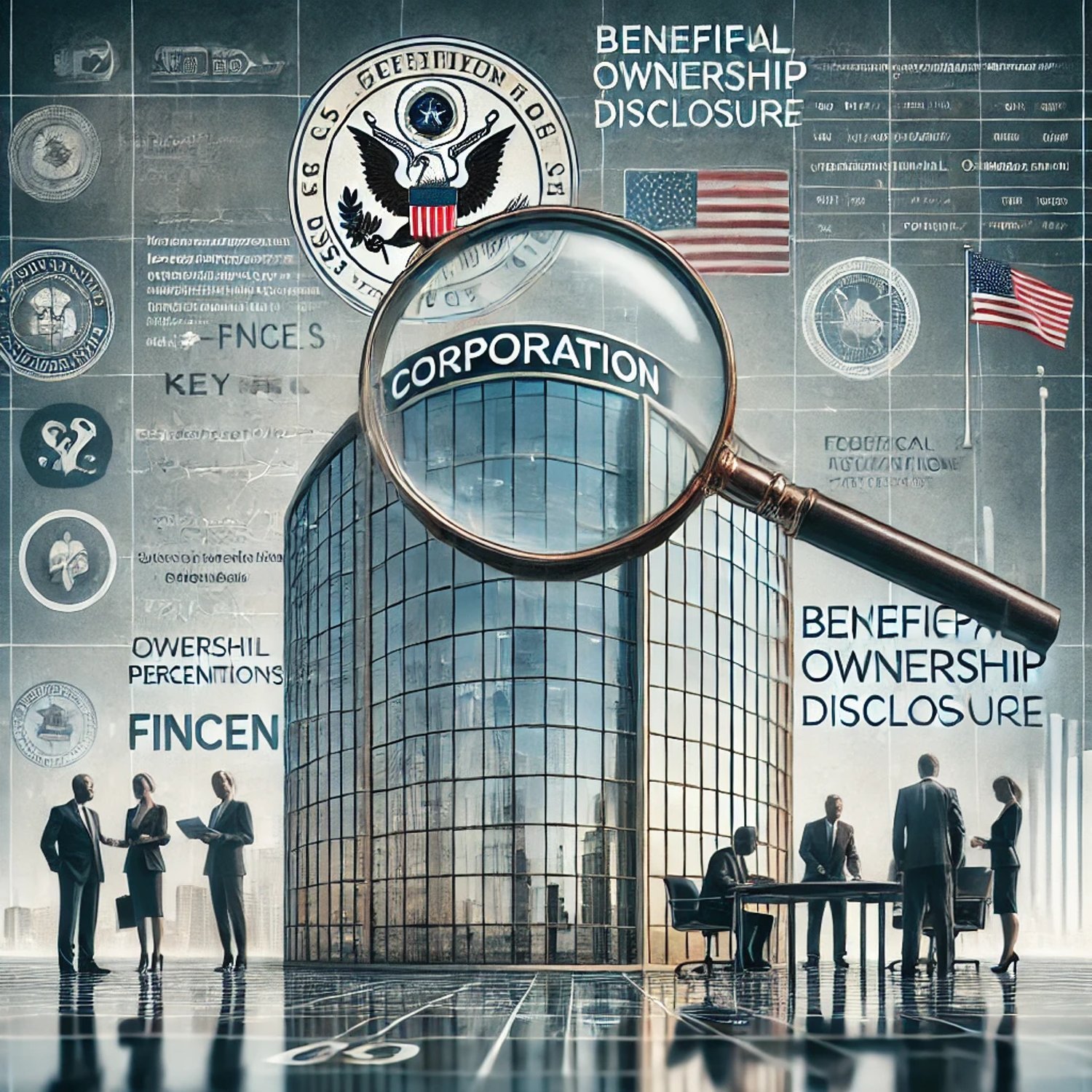This blog is for informational purposes only and does not constitute legal advice. Viewing it does not create an attorney-client relationship. To obtain legal advice tailored to your specific situation, you must engage our services through a signed agreement and retainer.



Understanding the FinCEN Beneficial Ownership Disclosure Requirements
The Financial Crimes Enforcement Network (FinCEN) has implemented regulations that require certain entities to disclose their beneficial ownership information. This is part of an ongoing effort by the federal government to combat money laundering, terrorist financing, tax evasion, and other financial crimes. If you own or manage a corporation, limited liability company (LLC), or other legal entity, it's crucial to understand whether these requirements apply to you.